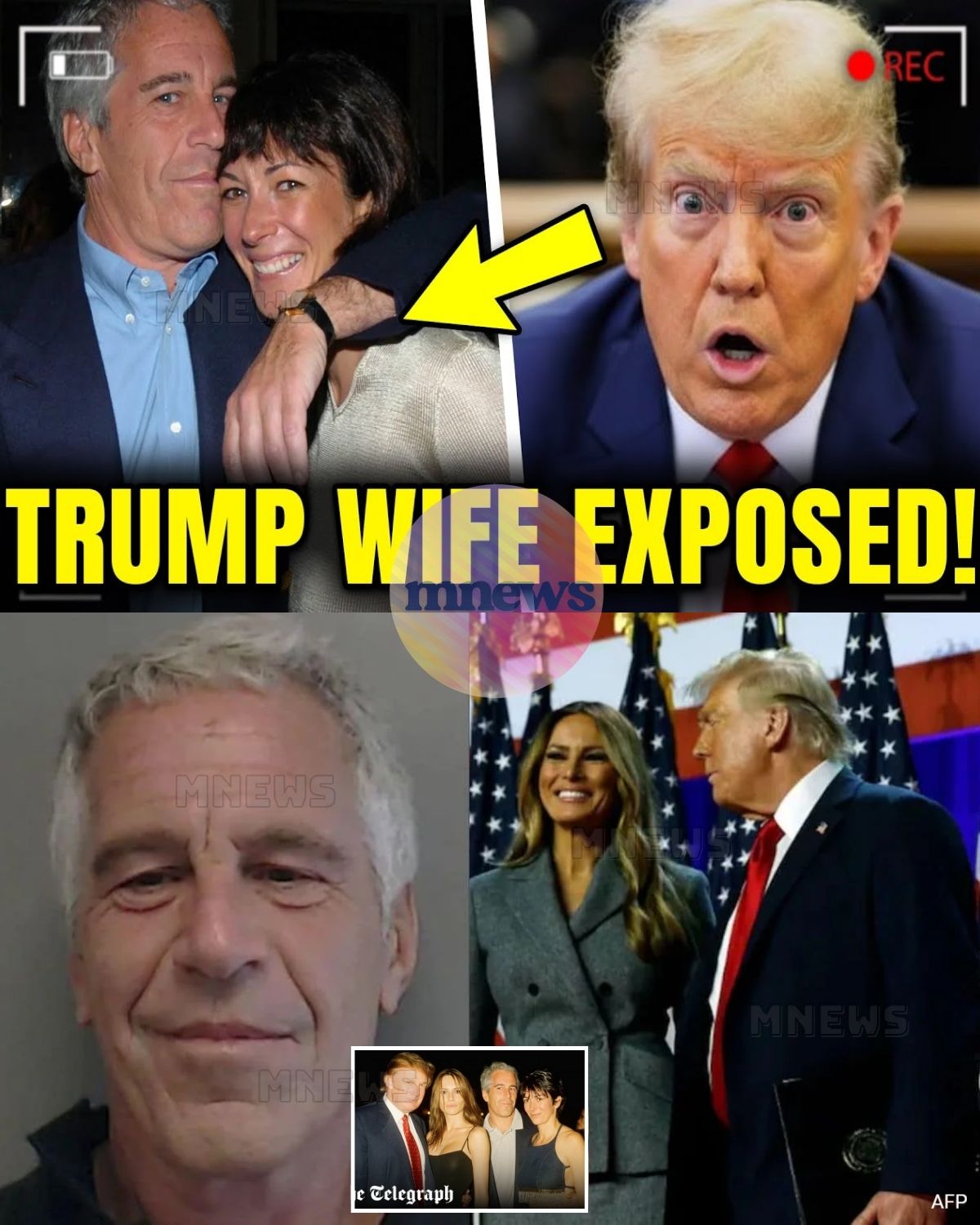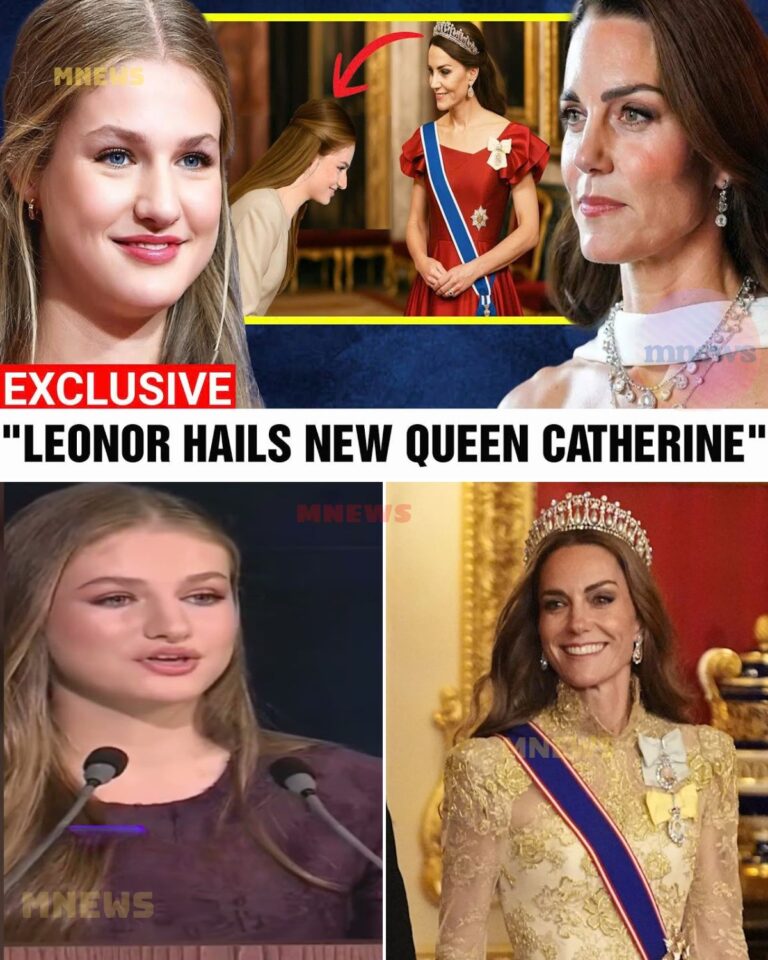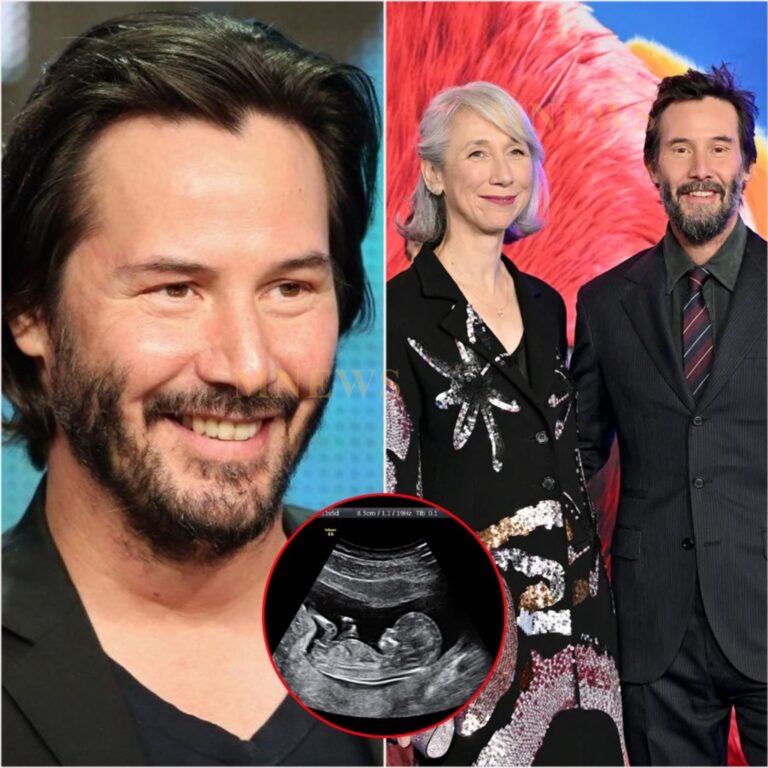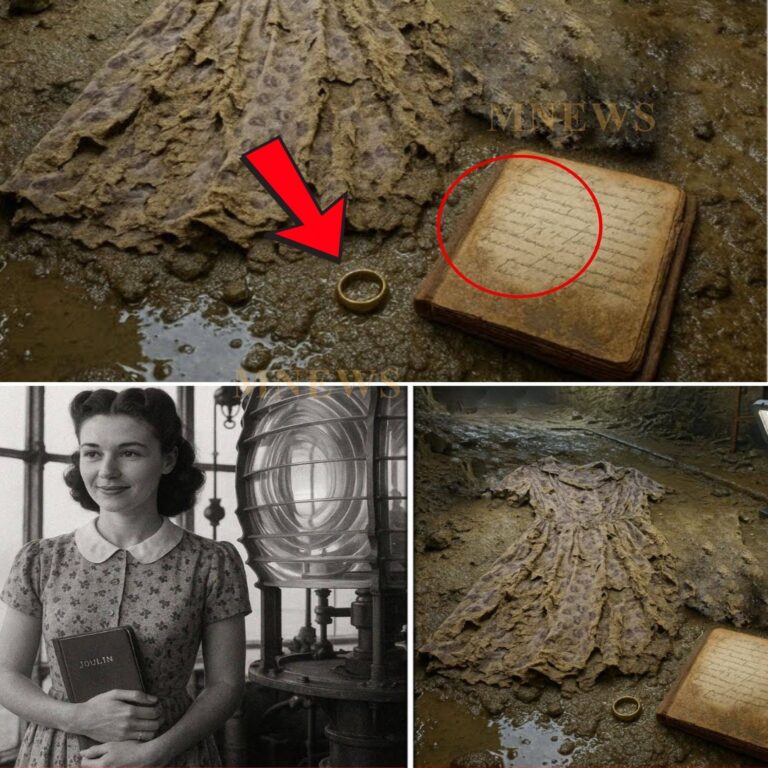In a stunning twist that intertwines the legacies of two of America’s most controversial figures, Melania Trump is now at the center of a legal storm sparked by allegations linking her to the late Jeffrey Epstein. The First Lady’s reputation hangs in the balance as Hunter Biden reportedly claimed in a private conversation that Epstein was responsible for introducing her to Donald Trump in the late 1990s. This assertion has been met with fierce denial from Melania’s legal team, who demand a retraction and threaten a staggering $1 billion lawsuit against those perpetuating the rumor.

The origins of the controversy trace back to a video released by journalist Michael Wolff, a prominent figure in the Trump narrative who has previously interviewed Epstein. Wolff’s comments, which he claims were based on conversations with Epstein, ignited a media frenzy and led to swift legal action from Melania’s representatives. They argue that the claim is not only untrue but also damaging, insisting that it has caused significant financial and reputational harm to the First Lady.
In a classic display of “lawfare,” the Trump legal apparatus sprang into action, compelling several news outlets to retract references to the damaging claim almost immediately. Yet, Wolff’s response turned the tables: rather than retreating, he filed for a declaratory judgment in New York, seeking legal clarity on the protection of his statements and the potential to subpoena witnesses, including the Trumps themselves.
This legal maneuver not only shifts the focus from defense to offense but also opens the door to a deeper investigation into the Trumps’ connections with Epstein. The implications are profound; Wolff’s willingness to confront the Trumps in court could lead to unprecedented revelations about their social interactions with Epstein, a figure whose shadow looms large over many prominent individuals.

The stakes are high, as the potential for court-ordered testimony could expose long-suppressed details, challenging the narrative of innocence that both Donald and Melania have maintained regarding their ties to Epstein. The legal battle could also serve as a litmus test for the effectiveness of Trump’s intimidation tactics, which have historically silenced critics and journalists alike.
Moreover, the timing of this confrontation is critical. As public frustration with powerful figures hiding behind legal threats grows, Wolff’s challenge resonates with a broader audience eager for transparency. His declaration of intent to pursue this matter in court reflects a growing sentiment against the misuse of legal systems to stifle discourse and accountability.
For Melania Trump, this moment is particularly precarious. Having carefully navigated her husband’s controversial political landscape, she now finds herself embroiled in a legal battle that could force her into the spotlight she has long avoided. The ramifications of this lawsuit could redefine her public persona, potentially dragging her deeper into the controversies surrounding her husband.
As this legal saga unfolds, it represents more than just a battle over reputations; it is a confrontation over the very nature of truth and transparency in a world where powerful figures often evade accountability. Wolff’s bold move to challenge the Trumps could pave the way for a new chapter in the ongoing saga of Epstein’s connections, and whether Melania’s legal team will stand firm or retreat remains to be seen.
In the end, this story encapsulates the broader struggle between power and accountability, as the quest for truth inches closer to the surface. The courtroom may soon become a battleground where the shadows of the past are illuminated, and the public may finally gain insight into the tangled web of relationships that have long been shrouded in secrecy. The outcome could redefine the narrative surrounding not just Melania Trump, but the entire Trump legacy in the context of Epstein’s notorious history.





